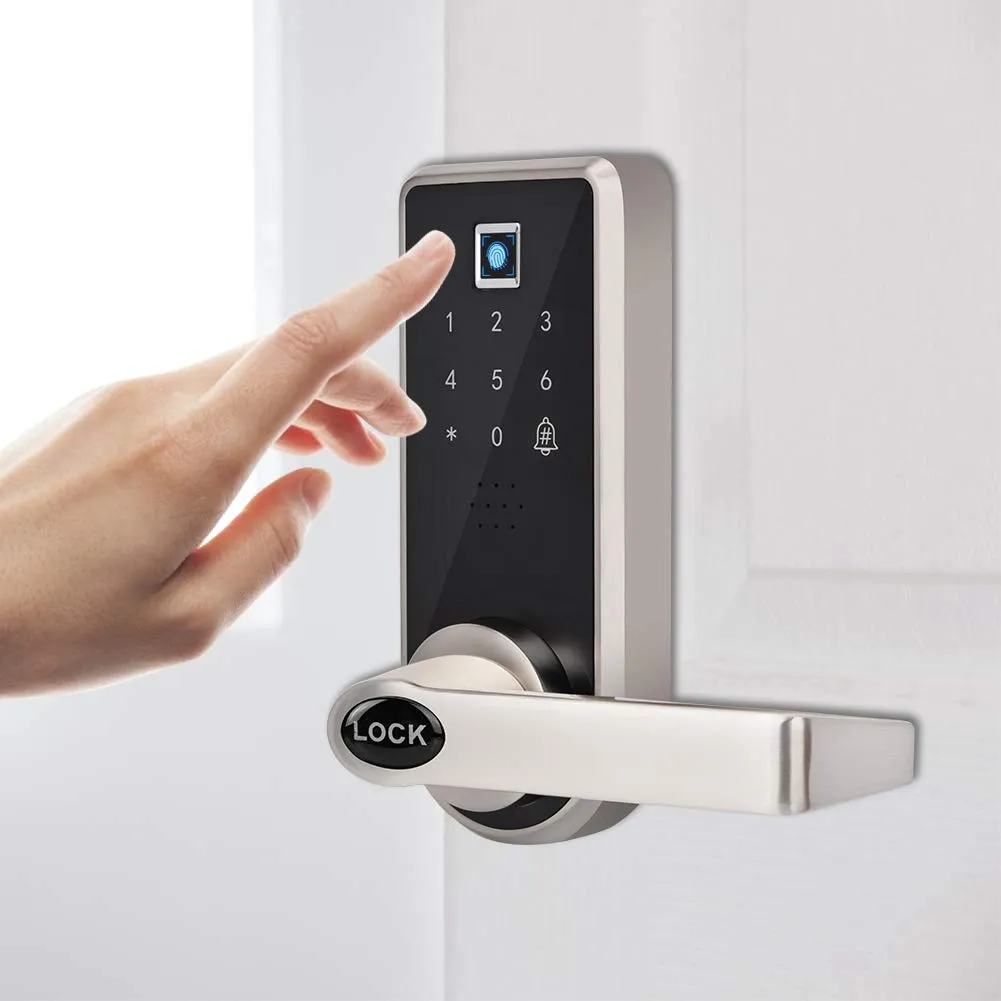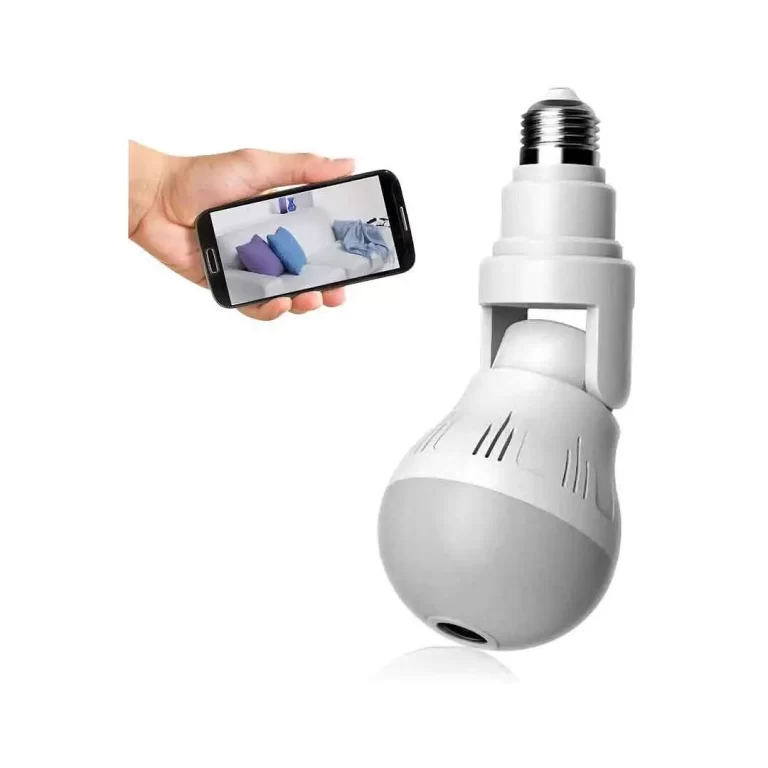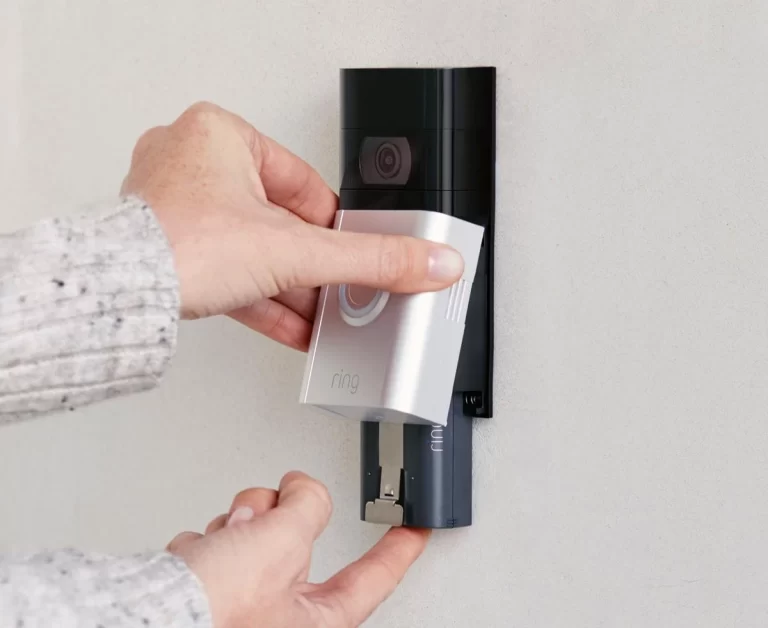Biometric Locks for Doors: Ensuring Your Safety
Discover the world of biometric locks for doors in this comprehensive guide. Learn about their benefits, types, and how they are shaping the future of security.
In an ever-evolving world, where technology continually transforms the way we live, it’s no surprise that our approach to security is also changing.
Biometric locks for doors have emerged as a cutting-edge solution that combines convenience and high-level security.
This article is your key to unlocking the world of biometric locks, exploring their fascinating features, benefits, and much more.
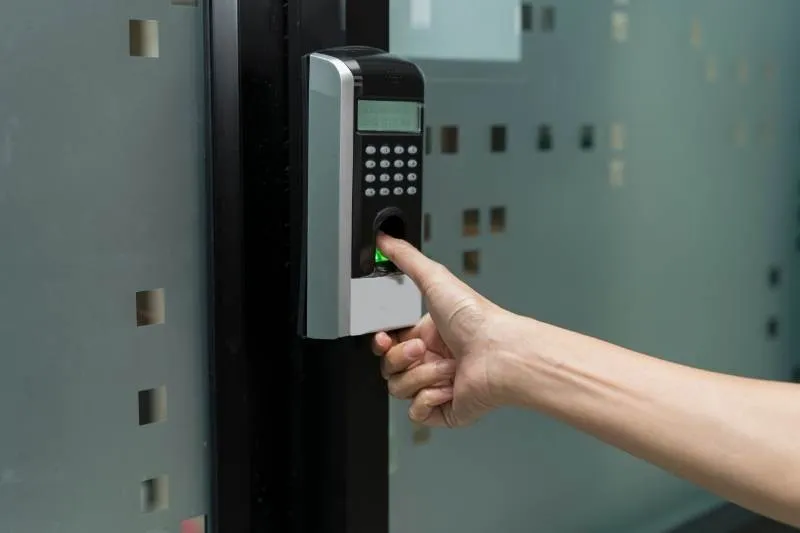
Biometric Locks for Doors: Ensuring Your Safety
Imagine a world where you no longer need to carry keys or remember complex codes to secure your home or office.
Biometric locks for doors make this dream a reality by utilizing advanced technology that identifies unique human characteristics.
These locks offer a range of benefits that we’ll delve into throughout this article.
How Biometric Locks Work
Understanding the inner workings of biometric locks is essential before making a decision. These locks employ a combination of biometric data, such as fingerprints, retina scans, or facial recognition, to grant access.
This ensures that only authorized individuals can enter, enhancing security significantly.
Types of Biometric Locks
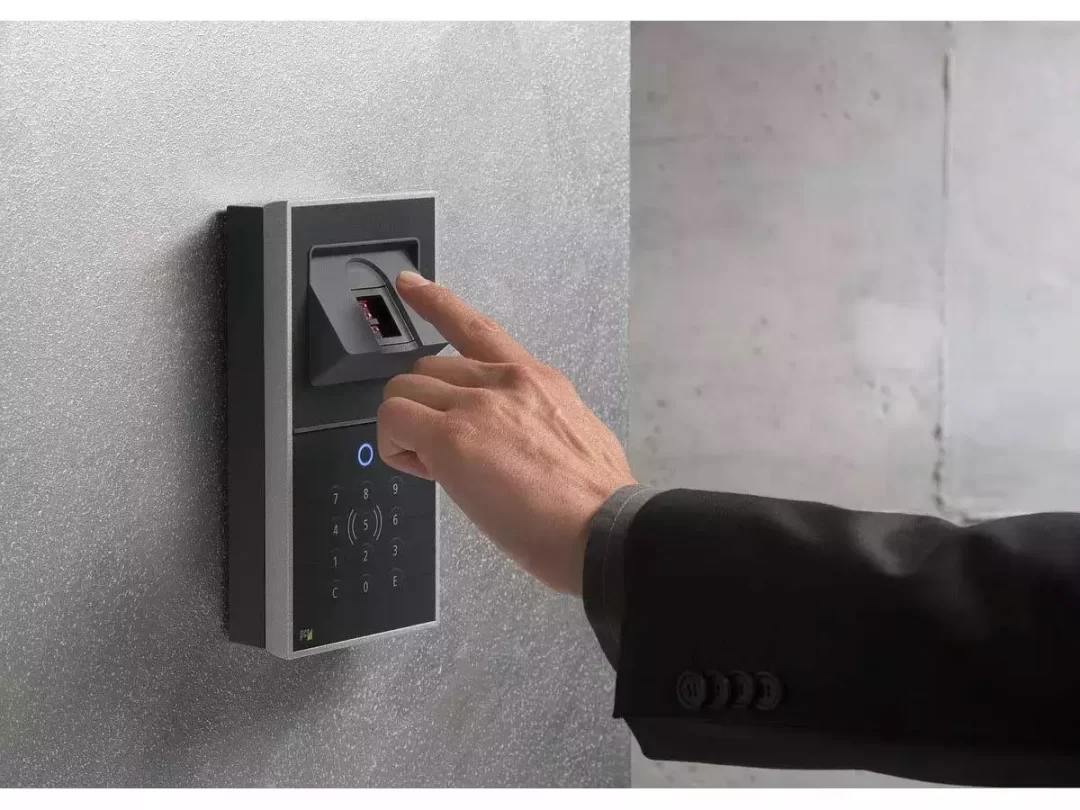
Let’s delve into the world of biometric locks and discover the different technologies that power them.
1. Fingerprint Scanners
Fingerprint scanners are the most common type of biometric locks. They operate by analyzing the unique patterns in a person’s fingerprint to grant access.
These locks are known for their convenience, as they eliminate the need for keys or codes.
Fingerprint scanners are not only convenient but also highly secure. They offer quick and accurate access control, making them a top choice for residential and commercial applications.
2. Retina Scanners
Retina scanners take security to the next level by analyzing the unique patterns in an individual’s eye. This technology offers unmatched precision and is often used in high-security environments.
The intricacy of retina scans makes them extremely difficult to replicate or trick. This level of security is ideal for government facilities, research labs, and other critical locations.
3. Facial Recognition
Facial recognition technology has come a long way, enabling quick and accurate access control.
It works by analyzing the unique features of a person’s face, such as the distance between their eyes and the shape of their nose.
Facial recognition is not only secure but also convenient. It has found applications in smartphones, access control systems, and even airport security, streamlining the authentication process.
4. Voice Recognition
While less common in residential settings, voice recognition offers a unique way to verify identity. Voiceprints, which are as unique as fingerprints, can be used to grant access to secure areas.
Voice recognition is versatile, and it’s often used in conjunction with other biometric methods for added security. It’s a favored choice for voice-activated assistants and certain high-security environments.
5. Hand Geometry Recognition
Hand geometry recognition measures the unique dimensions of a person’s hand, including the length and width of fingers.
This technology is highly accurate and is often used in scenarios where fingerprint scans may not be suitable.
Hand geometry recognition is versatile and can accommodate a wide range of hand sizes and shapes. It’s commonly used in workplaces where employees need quick and secure access.
Benefits of Biometric Locks
Biometric locks for doors offer a multitude of advantages, making them an attractive choice for homeowners and businesses alike.
1. Unparalleled Security
One of the foremost benefits of biometric locks is their exceptional security. Traditional locks can be vulnerable to lock-picking or key duplication.
In contrast, biometric locks rely on individual biological traits that are nearly impossible to replicate.
2. Convenience and Speed
Gone are the days of fumbling for keys or trying to remember passcodes. Biometric locks provide a seamless and quick entry process, ensuring you can access your property effortlessly.
3. Eliminate the Risk of Lost Keys
With biometric locks, the worry of losing your keys becomes a thing of the past. Your unique biometric data is always with you, ensuring you never get locked out.
4. Customizable Access
Biometric locks allow for easy customization of access permissions. You can grant access to specific individuals at certain times, enhancing security and control.
5. Audit Trail
These locks often come equipped with audit trail capabilities, allowing you to track who accessed your property and when. This feature can be invaluable for security and accountability.
Are Biometric Locks Infallible?
While biometric locks offer a high level of security, they are not entirely foolproof. Factors such as the quality of the scanning equipment, environmental conditions, and potential hacking attempts can pose challenges.
However, manufacturers continuously improve biometric technology to address these concerns. It’s essential to choose a reputable brand and ensure regular maintenance for optimal performance.
Conclusion
Biometric locks for doors represent a significant leap in the world of security and convenience. Their ability to provide unmatched protection while simplifying our daily lives makes them a worthwhile investment.
As technology continues to advance, we can expect even more exciting developments in the field of biometric security.
So, if you’re ready to embrace the future of door security, consider installing a biometric lock. Say goodbye to keys and codes and step into a world where your unique traits are your keys to safety.
READ ALSO!!!
